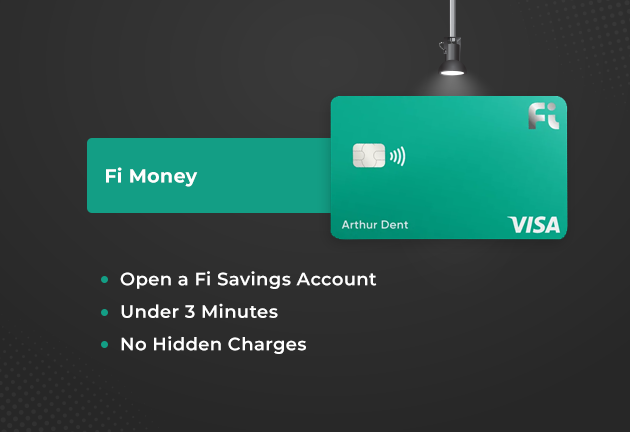You must have heard your family talking about the importance of saving money or your friends who have started earning referring to the need to save money today. But let me tell you, it is often easier said than done. Generally, the financial world of an individual is filled with obstacles, and saving money and having financial security is another ball game.

But this does not determine our fate of overcoming these obstacles and having a good financial roadmap. For that, we first need to understand the psychology behind saving and then create strategies which will be designed especially for us. These strategies could cover so much from choosing whether to apply for credit card or not to getting rid of FOMO.
- The Instant Gratification Trap
One of the most significant psychological barriers to saving is the allure of instant gratification. We live in a world where we can order products online, use our debit or credit card and have them delivered to our doorstep within hours. This culture of immediacy can make it challenging to delay gratification by saving for the future.
To overcome this hurdle, it’s crucial to reframe your mindset. Start by setting clear financial goals and envisioning the rewards of achieving them. This way, you won’t be tempted to spend money impulsively because it’s already been allocated to savings.
- The Fear of Missing Out (FOMO)
The Fear of Missing Out, or FOMO, is another psychological obstacle to saving. In a world filled with social media and constant connectivity, it’s easy to feel pressured to keep up with others’ spending habits and experiences.
To combat FOMO, it’s essential to distinguish between needs and wants. Moreover, consider finding free or low-cost alternatives to social activities and hobbies to balance saving and enjoying life.
- The Lack of a Budget
To overcome this challenge, start by tracking your income and expenses for a month. If you mostly use credit cards, take help from a credit card app and get a clear picture of your financial habits, create a budget that aligns with your financial goals. Consider your spending habits and find areas to cut back or optimize. A well-structured budget can control your finances and make saving a more attainable goal.
- The Emotional Spending Cycle
Emotional spending is a common hurdle that can wreak havoc on your savings. Whether it’s stress, boredom, or a desire for comfort, many people turn to retail therapy to cope with their emotions. Unfortunately, this often leads to impulse purchases and depleted savings accounts especially in this digital world where we can order anything and pay it digitally with an online credit card or any other payment method.
- The Peer Pressure Predicament
Peer pressure doesn’t end with adolescence; it can persist throughout adulthood, especially regarding financial decisions. Friends and family may unknowingly influence your spending habits and make saving challenging. So try to take out your financial tools apart from your daily lifestyle, like using credit card online or online banking for every need of yours.
Conclusion
Saving money is a journey that requires not only financial discipline but also an understanding of the psychological factors that can impede progress. By recognizing and addressing common saving hurdles like instant gratification, FOMO, not using credit card app for everything, a lack of budget, emotional spending, debt, and peer pressure, you can pave the way for a more secure financial future.